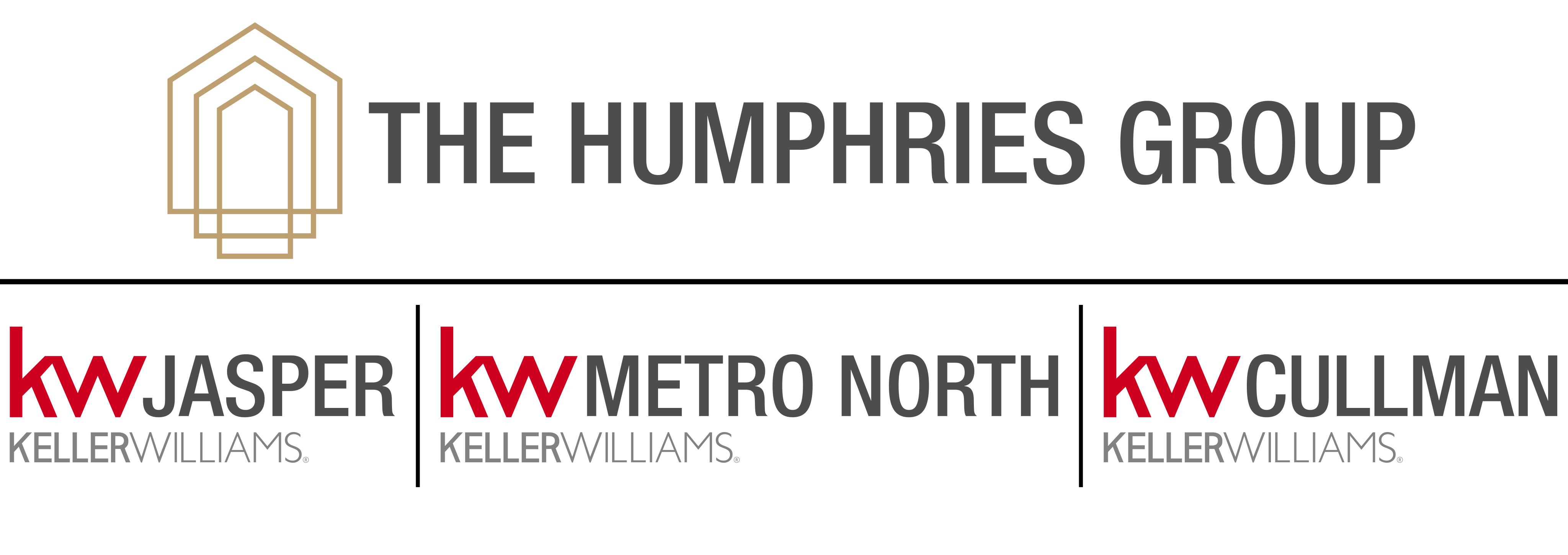Published August 12, 2025
The Power of Social Media in Real Estate: Why It’s No Longer Optional in 2025

If you're a real estate professional in 2025 and you're not leveraging social media, you're already behind. Gone are the days when real estate marketing was limited to yard signs, open houses, and newspaper listings. Today, social media is not just a tool—it's the tool for building relationships, generating leads, showcasing properties, and establishing your brand in an increasingly competitive industry.
This post dives deep into why social media is so important in real estate, the platforms that matter most, and strategies to help you stand out in a crowded online space.
1. Your Audience Is Already There
Over 4.8 billion people worldwide use social media as of 2025. That includes homebuyers, renters, investors, and sellers. Platforms like Instagram, Facebook, TikTok, and LinkedIn are where people spend their time, do research, and make decisions—including decisions about real estate.
Homebuyers are no longer just browsing listings on websites. They’re scrolling through Reels of home tours, watching YouTube videos with market advice, and saving Pinterest boards for dream kitchens. If you’re not showing up where they are, you’re missing massive opportunities.
2. Builds Trust and Humanizes Your Brand
Buying or selling a home is deeply personal, and trust is critical. Social media allows real estate professionals to showcase personality, expertise, and authenticity.
-
Share behind-the-scenes content.
-
Go live from an open house.
-
Talk about challenges you help clients overcome.
-
Introduce your team or share success stories.
This human element creates emotional connection—something a static website or email drip campaign can’t replicate. People want to work with someone they feel like they already know, and social media makes that possible.
3. Social Proof = More Leads
A strong presence on social media acts as modern-day word-of-mouth marketing. When you post a listing and past clients comment things like “You’re the best!” or “You helped us find our dream home,” that builds instant social proof for future clients.
Encourage satisfied clients to tag you in their posts after moving in. Share testimonials. Create highlight reels or saved stories for success stories. All of these boost your credibility and help attract warm leads who are already halfway sold on working with you.
4. Visual Platforms Are Perfect for Real Estate
Real estate is visual by nature. Social platforms—especially Instagram, TikTok, YouTube, and Pinterest—are designed to showcase visuals. Here’s how to take advantage:
-
Instagram Stories & Reels: Share property tours, neighborhood highlights, renovation tips, or quick Q&As.
-
TikTok: Educate buyers and sellers in short, engaging videos.
-
YouTube: Post in-depth virtual tours, local market updates, or home-buying guides.
-
Pinterest: Create boards featuring staging tips, decor trends, and dream homes to inspire followers.
Using high-quality photos and videos doesn’t just attract attention—it sells homes faster and often at higher prices.
5. Targeted Advertising for Lead Generation
Facebook, Instagram, and LinkedIn offer powerful targeting options that let you reach potential buyers or sellers based on:
-
Location
-
Demographics
-
Interests
-
Life events (like getting married or having a baby)
This means you can run ads specifically to first-time homebuyers in your city, empty-nesters looking to downsize, or investors searching for multi-family properties.
And unlike traditional ads, social media lets you track engagement, tweak your message, and see exactly what works in real time.
6. Staying Top-of-Mind—Even When Clients Aren’t Ready Yet
Not everyone scrolling your feed is ready to buy or sell today, but that’s not the point. Social media helps you build long-term brand awareness so that when they are ready, they think of you first.
Regularly posting content (tips, trends, wins, listings) ensures you're always visible—without being pushy. When the timing is right, those passive followers become clients.
7. It Levels the Playing Field
You don’t need a massive marketing budget to compete anymore. A solo agent with a strong Instagram presence and smart content strategy can outperform larger brokerages that are slow to adopt social tools.
Social media offers a level playing field—but only for those who use it effectively and consistently.
8. Real-Time Market Insight and Feedback
Social media isn’t just for broadcasting—it’s for listening. By paying attention to comments, shares, and DMs, you gain real-time insights into:
-
What questions buyers are asking
-
Which types of properties get the most engagement
-
How market sentiment is shifting
You can use that information to adjust your strategy, better serve your clients, and even predict market trends.
How to Get Started (or Improve) Today:
-
Pick 1–2 platforms to focus on (start with Instagram or Facebook).
-
Create a content calendar with a mix of listings, tips, personal insights, and local content.
-
Use video—even if it’s just from your phone. Authenticity matters more than polish.
-
Engage daily. Reply to comments, like others' posts, and join conversations.
-
Track performance with analytics and adjust your strategy monthly.
Conclusion:
In 2025, real estate and social media are inseparable. Whether you're an agent, broker, or investor, using social media effectively is one of the most powerful ways to grow your business, build meaningful relationships, and stay ahead of the competition.
It's not about vanity metrics. It’s about visibility, credibility, and connection—three things that turn strangers into loyal clients.
So, if you're still on the fence, it's time to get off. Social media isn’t a side project—it’s your new storefront. And it’s open 24/7.





